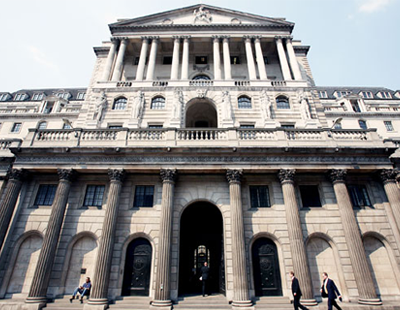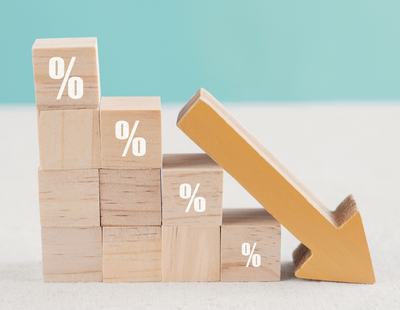
Analysts believe a rise in the Bank of England base rate is on the cards next month as a result of the latest inflation figures, which have been fuelled by rising house prices.
The government’s key inflation measure, the consumer price index, rose to a five year high of 3.0 per cent in September, a rise attributed chiefly to the fall in the pound.
"Food prices and a range of transport costs helped to push up inflation in September. These effects were partly offset by clothing prices that rose less strongly than this time last year. While oil and fuel costs continued to rise, overall, the rates of inflation for raw materials and goods leaving factories were little changed in September. House price growth edged upwards in the year to August, despite growth in London continuing to ease" says the Office for National Statistics’ head of inflation Mike Prestwood.
Shaun Church, director at mortgage broker Private Finance, says fierce competition currently between mortgage lenders will mean a base rate rise will have a relatively subdued effect on the market at first - but then house prices may suffer. “Looking to the longer-term, however, mortgage rates are likely to rise and, unless wage growth ticks up, we might expect to see renewed downward pressure on house prices” he says.
Meanwhile the UK’s official House Price Index for August - the latest data available - shows that in England, house price annual inflation hit 5.3 per cent which takes the average property value to £243,520.
In Wales, an annual price increase of 3.4 per cent takes the average property value to £150,258.
Prices for Greater London as a whole are still in positive territory over the past year despite recent monthly falls; they have risen 2.6 per cent over the past 12 months which takes the average property value to £484,362.
Regional data for England and Wales indicates that the North West experienced the greatest increase in average property price over the last 12 months, with a rise of 6.5 per cent.
Jeremy Leaf, north London estate agent and a former RICS residential chairman, says of the figures: “They confirm what we’re seeing on the ground - that the market is still showing signs of resilience and prices are holding up well but mainly due to the shortage of stock. Nevertheless, transactions are taking much longer and buyers and sellers are negotiating hard to make deals happen.”
Rob Weaver, a director at investment platform Property Partner, says the figures show house price growth is being driven by northern regions. He adds: “Whilst the threat of an interest rate rise may put off some potential house buyers, rumours of a stamp duty reduction for first-time-buyers should encourage demand. Either way, it will take some time for these measures to filter down into prices.”














.png)


.png)




Join the conversation
Jump to latest comment and add your reply
Inflation is going to make real estate decrease. It's not good for the market and homeowners. gooneworld.com
Please login to comment